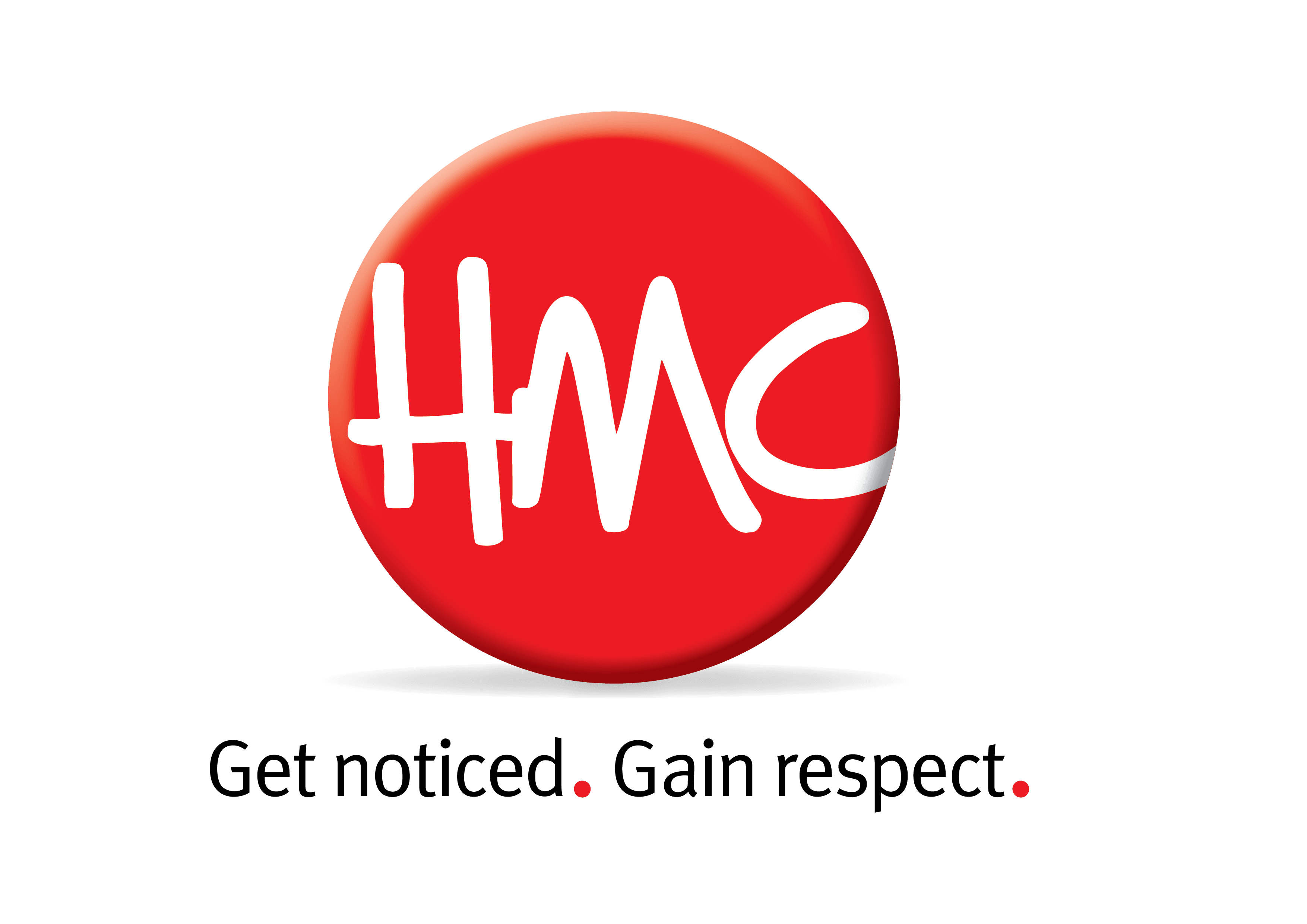Many organisations, at some stage, will launch a product or service to market.
You might think a launch is all about marketing. However, in addition to your marketing plans, it’s important to have a communications strategy as well.
Having a communications strategy will ensure that this positive time in your company’s history will not only serve to give your bottom line a sales boost, but will also ensure your overall reputation gets a big boost as well.
So, from a communications perspective, what do you need to consider during the planning stages ahead of your launch?
1) Know the product
The most important aspect of a product launch is to be absolutely sure that the product works, that it “does what it says on the tin” and that there are no issues with it. Put your ‘reputation risk’ hat on and ask all the tough questions to uncover any potential issues that need sorting prior to going public.
Is it definitely safe? Is there anything to do with the product that could fail or catch you out? Has it been rigorously tested and are you entirely confident it won’t break down, or harm anyone? That’s not something you can afford to have all over social media.
You will get only one go at this – make sure it works, even if it means taking some more time to ensure your product development team gets it right.
2) Make time your friend
One of the most important aspects of any launch is to make sure you have plenty of time to think about and organise promotion for the product launch.
The research or manufacture of this product hasn’t happened overnight, so think about the launch early, many months ahead if possible. This gives you chance to consider events or situations you might want to avoid or embrace, such as launches of similar products, or general election time.
3) Get the comms person in
Call your communications manager or adviser or talk to your PR agency if you use one. Give them plenty of notice (see point 2).
While communicating about the product comes at the end of a very long process of development, it’s a good idea to have your communications adviser well briefed near the beginning of the process. They’re used to considering and mitigating risk to your reputation and will ask important questions and can then advise on the timing of any launch.
They need time to create a comprehensive communications strategy, complete with communications objectives, risks and mitigation, key messages and timelines. They’ll consider what media coverage they think they can generate, what influencer and stakeholders need to be briefed and they’ll be able to advise on or create a social media strategy and work in with the marketing person or department around product promotion.
Working across the company ensures your content is aligned and that you’re singing from the same hymn sheet and using agreed information for your marketing and communications.
4) Do you really need a launch event?
Ask yourself whether you need a launch event or simply a launch date (a date where you will start promoting and talking about the product).
Some organisations want a launch event because their measure of success is that a government minister or other influential VIPs attend. News flash – it is very hard to get ministers (and other high profile, busy people) to commit to attending, particularly if it’s seen to be commercial.
Instead, many times it is best to focus on what’s important to your audiences – it might be bringing groups of stakeholders up to speed with the product; it might be telling New Zealand that you’ve created a solution to a national issue; or it might be informing retailers/agents about the product.
If you simply need a launch date, your communications person will look at the context, take many things into consideration and help you choose an appropriate day for starting publicity.
5) Be available before, during, after
The key people in the organisation who are responsible for the product launch need to ensure they can give their time to the planning and execution.
This means being available to brief the communications person and answer the questions they’ll have (see point 1). It means taking the time to read the strategy they put together and to consider their recommendations and understand the objectives and key messages. It means checking lists of recommended invitees if you are holding a launch event.
It also means being available for any content generated as part of the communications strategy, whether that’s generated in-house or via media interviews.
Finally, continue to work with your communications person after the launch as they will be able to advise on and leverage the announcement further. Organisations often don’t appreciate how many times people need to hear something for it to penetrate busy brains, so it’s important to talk to people often.
- Peta Goldsworthy

